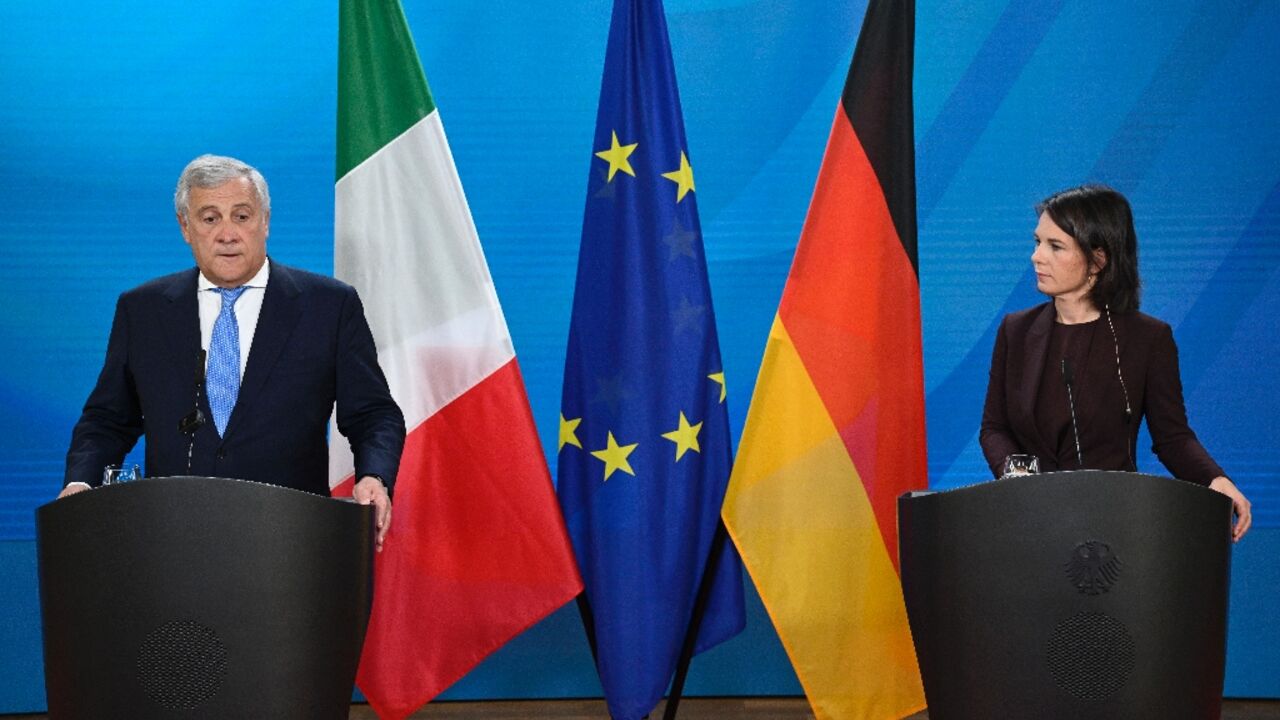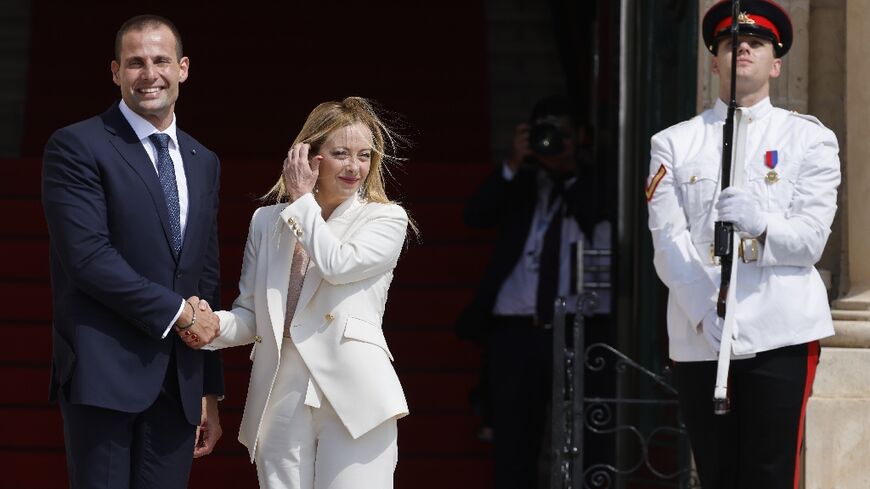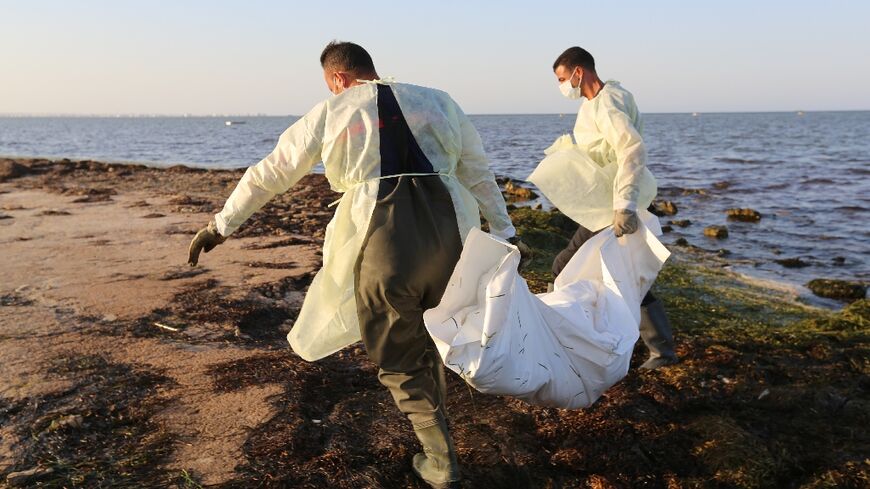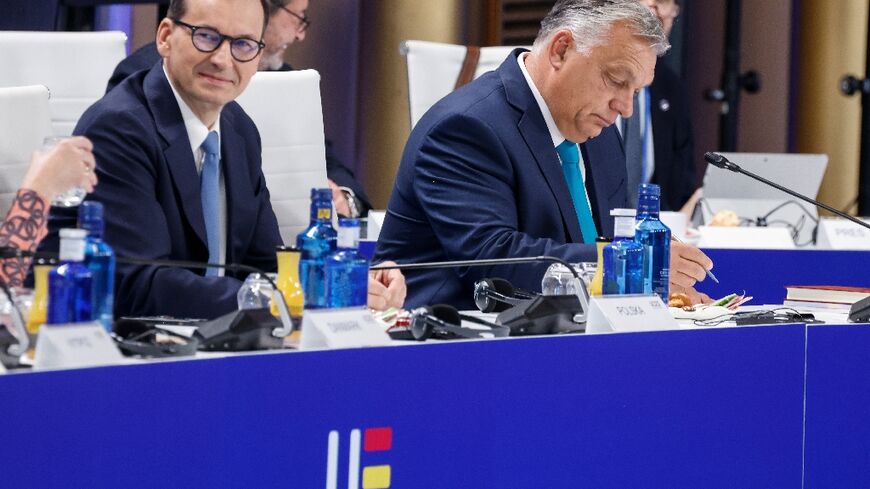Germany defends migrant NGO funding against Italian complaint

Charities rescuing migrants stranded in the Mediterranean play a vital role in saving lives, German Foreign Minister Annalena Baerbock insisted Thursday, amid a spat with Italy over Berlin's funding for such organisations.
Baerbock told a joint news conference with Italian counterpart Antonio Tajani that as long as people were dying trying to reach Europe, Berlin stood by its backing of such NGOs despite Italian complaints.
"Volunteer sea rescuers have a life-saving task in the Mediterranean," she said.
"They are committed to countering the deaths in the Mediterranean with humanity, precisely because the European joint sea rescue service Mare Nostrum no longer exists," she added, referring to the Italian government's year-long operation which rescued more than 100,000 migrants before ending in 2014.
Italian Prime Minister Giorgia Meloni recently wrote a letter of complaint to German Chancellor Olaf Scholz to express her "amazement" about Berlin funding charities helping irregular migrants in her country.
Meloni's government has sought to limit the activities of charity rescue ships operating in the central Mediterranean, the world's deadliest sea crossing for migrants.
Tajani told reporters that his "cordial and frank" talks with Baerbock had "addressed the migration issue in depth".
"European action is needed and no country can be left alone," he said.
Rome's position was that "we must prevent human traffickers from economically exploiting women and men who are fleeing poverty, who are fleeing diseases", Tajani said.
"We must be very firm in the fight against these criminal organisations which are the same ones that are engaging in arms and drug trafficking."
Tajani called for a "strict" common European stance while addressing the problem in the countries of origin.
"The migration issue must be tackled through strategic action by Europe and with significant investments from the European Union on the African continent," he said, "to intervene not with a neocolonial vision but with a vision of a friendly continent".
The row comes as the EU appeared Thursday to be on the verge of agreeing new rules for how it handles arriving asylum-seekers and irregular migrants after Germany dropped its opposition.





